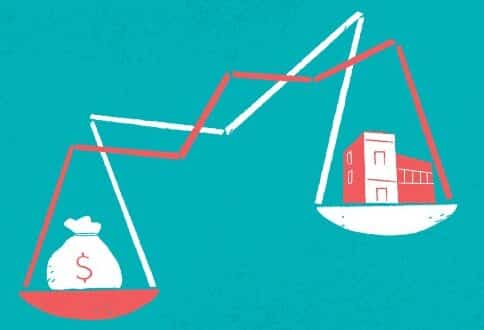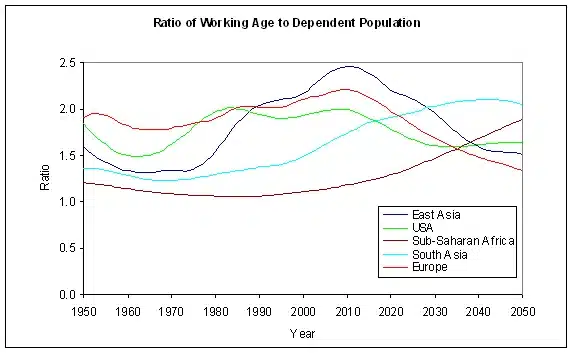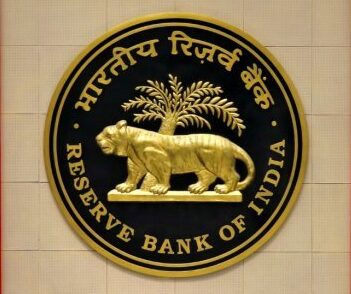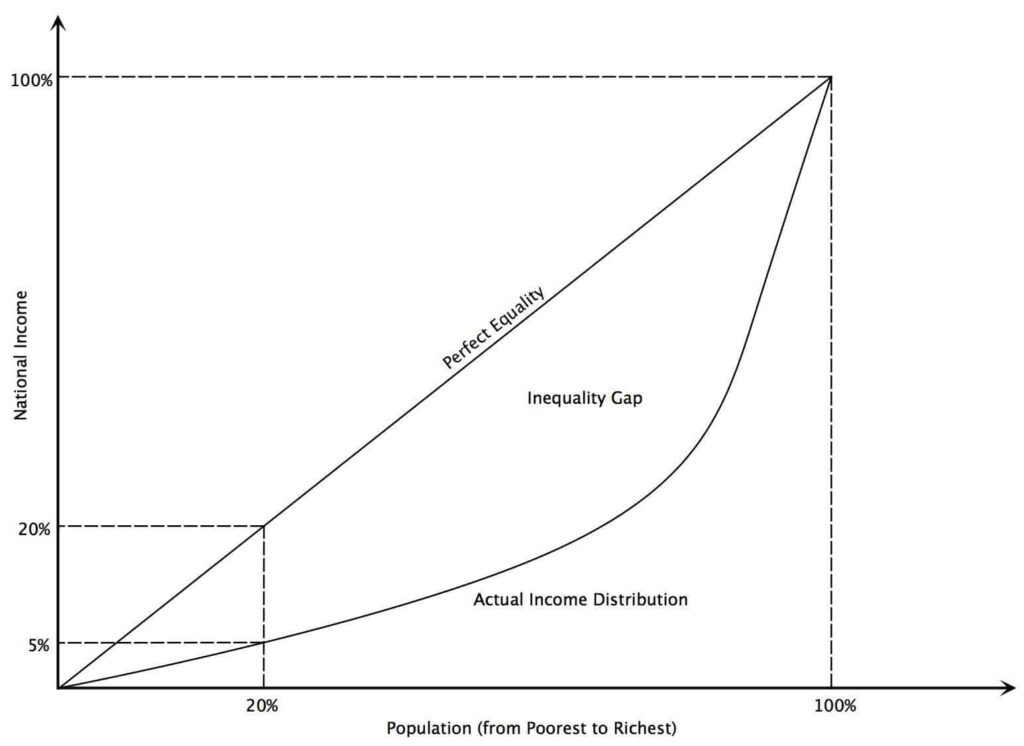Definition of Budgeting
Budgeting is the process of estimating the availability of resources and then allocating them to various activities according to a pre-determined priority.
Types of Budgeting
1. Performance Budgeting
- A Performance Budget gives an indication of how the funds spent are expected to give outputs and ultimately the outcomes.
- A performance budget reflects the goal/objectives of the organization and spells out its performance targets.
- These targets are sought to be achieved through a strategy. Unit costs are associated with the strategy and allocations are accordingly made for achievement of the objectives.
- However, performance budgeting has a limitation – it is not easy to arrive at standard unit costs especially in social programmes, which require a multi-pronged approach.
2. Zero-Based Budgeting (ZBB)
- The concept of ZBB was introduced in the 1970s. As the name suggests, in the process every budgeting cycle starts from scratch.
- Unlike the earlier systems, where only incremental changes were made in the allocation, under zero- based budgeting every activity is evaluated each time a budget is made and only if it is established that the activity is necessary, funds are allocated to it.
- Under the ZBB, a close and critical examination is made of the existing government programmes, projects and other activities to ensure that funds are made available to high priority items by eliminating outdated programmes and reducing funds to the low priority items.
- The basic purpose of ZBB is phasing out of programmes/activities, which do not have relevance anymore. ZBB is done to overhaul the functioning of the government departments and PSUs so that productivity can be increased and wastage can be minimized. Scarce government resources can be deployed efficiently. Therefore, ZBB is followed for rationalization of expenditure.
- Governmental programmes and projects are appraised every year as if they are new and funding for the existing items is not continued merely because a part of the project cost has already been incurred.
3. Programme Budgeting
- It aimed at a system in which expenditure would be planned and controlled by the objective. The basic building block of this system is the classification of expenditure into programmes, which meant objective oriented classification so that programmes with common objectives are considered together.
4. Programme and Performance Budgeting System (PPBS)
- PPBS went much beyond the core elements of programme budgeting and was much more than the budgeting system. It aimed at an integrated expenditure management system, in which systematic policy and expenditure planning would be developed and closely integrated with the budget. Thus, it was too ambitious in scope.
- Many governments today use the “programme budgeting” label for their performance budgeting system. As pointed out by Marc Robertson, the contemporary influence of the basic programme budgeting idea is much wider than the continuing use of the label. It is defined in terms of its core elements as mentioned above. Programme budgeting is an element of many contemporary budgeting systems which aim at linking funding and results. Neither was adequate preparation time given nor was a stage-by-stage approach adopted. Therefore, the Introduction of PPBS in the federal government in USA was not successful, although the concept of performance budgeting and programme budgeting endured.
5. Outcome Budget
- Outcome Budget was first introduced in India in 2005-06 by stating “the people of the country are concerned with outcomes, not just outlays”.
- In 2007-08 onwards the previous Performance Budget was merged with Outcome Budget.
- It is practiced by most of the ministeries while preparing their budget details and submitting it to the Ministry of Finance for the preparation of annual budget towards the end of February.
- It is a performance measurement tool that helps in better service delivery; decision-making; evaluating programme performance and results; communicating programme goals; and improving programme effectiveness.
- It measures the development outcomes of all government programmes.
- It, however, will not necessarily include information of targets already achieved.
- This method of monitoring flow of funds, implementation of schemes and the actual results of the usage of the money is followed by many countries.
6. Gender Budgeting
- Gender Buget was also introduced along with Outcome Budget in India in 2005-06.
- Gender budgeting is an exercise to translate the stated gender commitments of the government into budgetary commitments, involving special initiatives for empowering women and examination of the utilization of resources allocated for women and the impact of public expenditure and policies of the government on women.
- The 2019-20 Budget aims to design a roadmap for woman empowerment and their increased participation in the Indian economy through gender budgeting.
7. Balanced Budgeting
- It is that budget in which Government receipts are equal to Government expenditure.
Merits of the Balanced Budget
- The Government does not indulge in wasteful expenditure.
- Interference in economic functioning of the system is totally avoided by the government generally.
- Financial stability is ensured with balanced budget.
- However, balanced budget is not an achievement of the government when economy is in a state of depression for at that time, government is expected to increase its expenditure with a view to increasing aggregate demand.
Demerits of a Balanced Budget
- It does not offer any solution to the problem of unemployment during depression.
- It is not helpful to the growth and development programmes of the less developed countries.
8. Unbalanced Budgeting
- It is that budget in which receipts and expenditure of the government are not equal.
- It includes two cases: Surplus Budget and Deficit Budget arise.
- In Surplus Budget, Government receipts are greater than Government expenditures.
- While in the case of Deficit Budget, Government expenditures are greater than Government receipts.
Merits of a Deficit Budget
- It helps in addressing the problem of unemployment during depressions.
- It is conducive for growth and development in less developed countries.
- It works towards social welfare of the people.
Demerits of Deficit Budget
- It shows wasteful expenditure by the government.
- It shows less revenue realization in comparison with the expenditure.
- It increases debt burden of the government
Also refer :
- FRBM Act
- Top 50 Science MCQs For Competitive Exams
- Know About The Different Financial Sector Regulators In India









